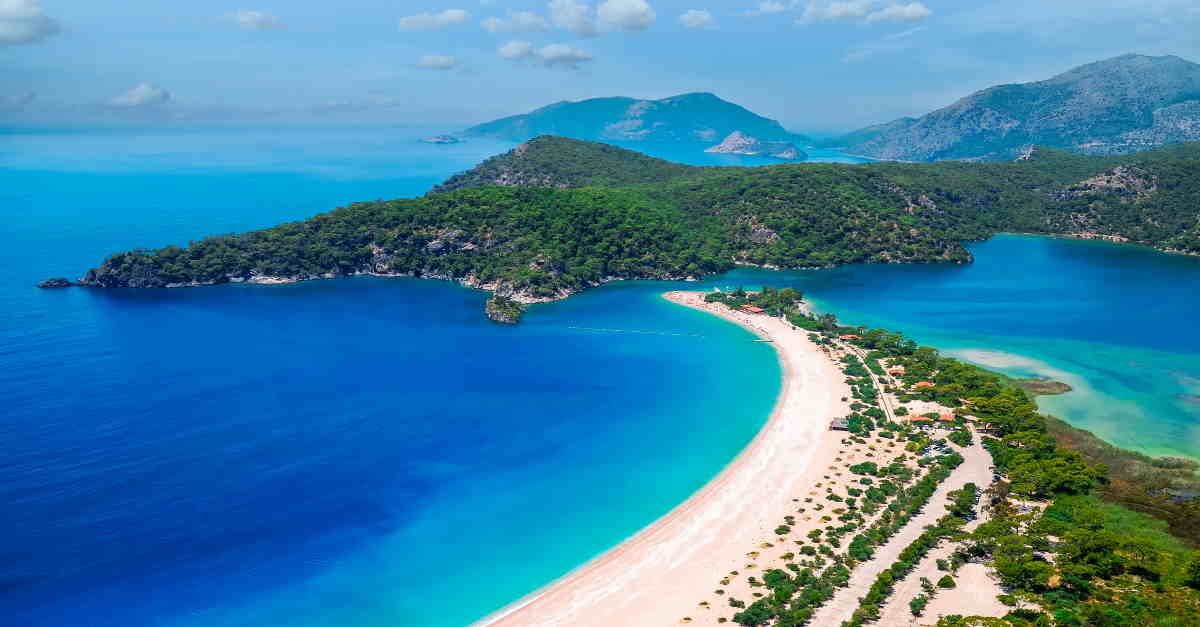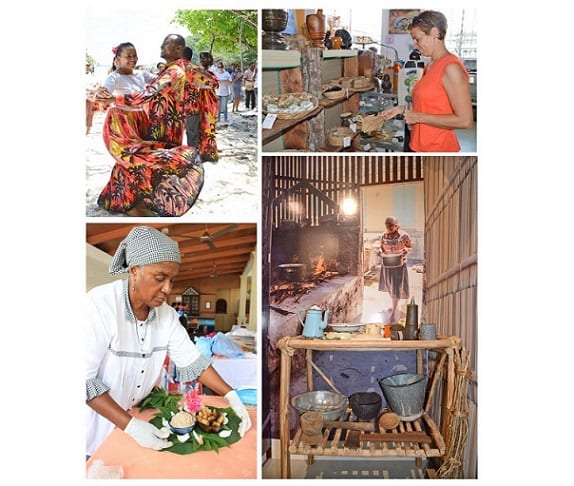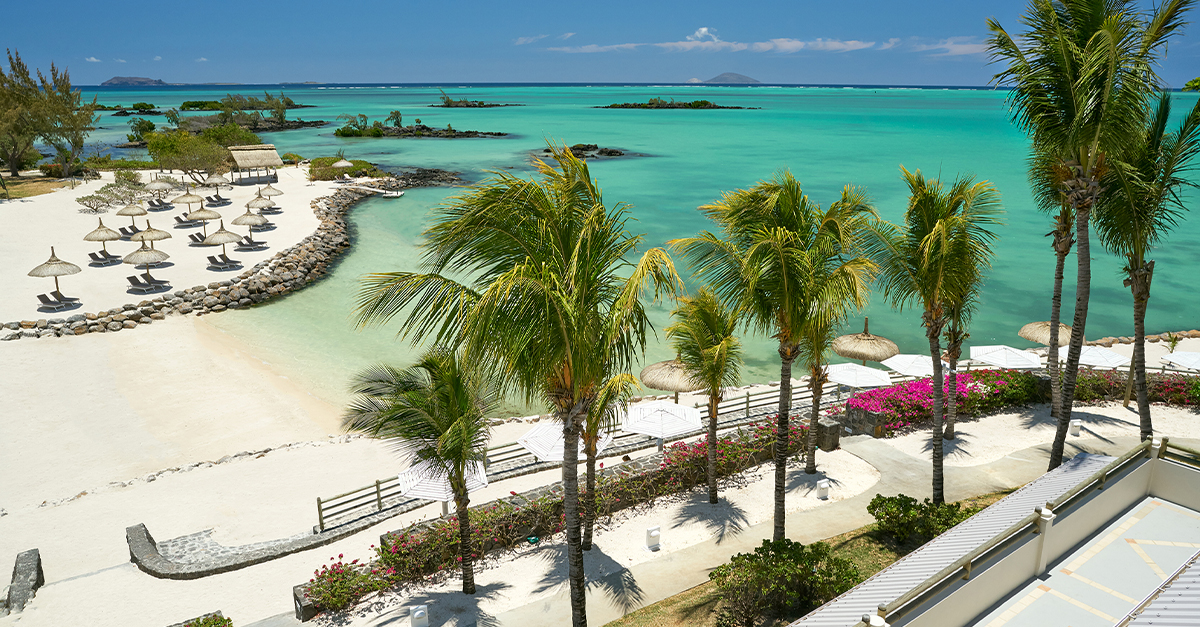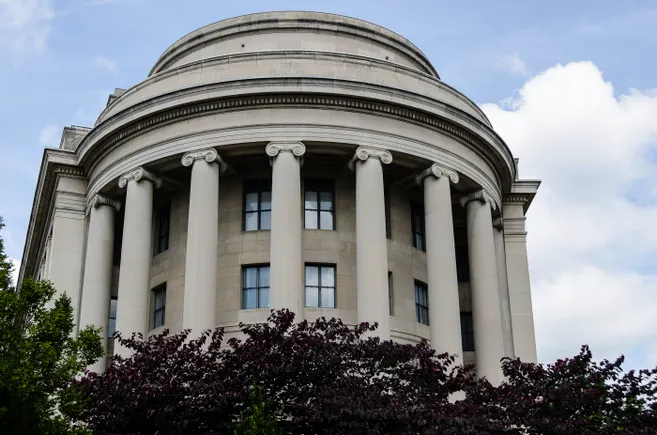Turkey produces sustainability advice for tourists
New guidance to reduce visitors’ footprints in destination

Turkey has produced sustainable travel advice to help visitors to leave a smaller ‘footprint’ in the destination.
The new guidance includes suggested destinations, activities and modes of transport that will give holidaymakers sustainable options for their trips and help them to preserve the country’s natural assets.
It follows an agreement between the country’s government and the Global Sustainable Tourism Council (Gstc) and comes as Turkey anticipates a higher number of British tourists this year thanks to increased air lift between the two countries. In 2019, more than 2.5 million Brits visited Turkey.
Mehmet Nuri Ersoy, Turkish minister of culture and tourism, said: “Sustainability is a major focus for tourism in Turkey in 2022 and beyond. As the first government in the world to sign an agreement to develop a national programme with the Global Sustainable Tourism Council, we are committed to reaching our green tourism targets.
“As a country with impressive ecosystems and spectacular landscapes, it is essential we increase our focus on maintaining them.”
He added: “Part of this work will include providing tourists with the resources and options to enable them to make sustainable choices abroad. We hope this new travel guidance will help visitors to enjoy their favourite holiday destination in a green and guilt-free way.”
The guidance highlights 18 ‘slow cities’ which have had to meet 72 criteria, such as eliminating noise pollution and fast-moving traffic, increasing green areas and supporting local agriculture.
Slow cities include Gokceada in the province of Canakkle, home to Turkey’s largest underwater national park, and Tarakli and Goynuk, both near Istanbul. A new slow city is Eğirdir, which boasts a lake for watersports and mountains for trekking.
Train travel is also recommended. Turkey has expanded its high-speed rail network with a new section linking Konya and Karaman in 50 minutes instead of 1.5 hours. Other high-speed routes include Ankara to Istanbul, and Istanbul to Konya.
The country also has 30 hiking routes and 86 road and mountain biking routes. The most notable trail runs for 500 kilometres along the coast of the Izmir Peninsula.
The destination has also made cycling more accessible in cities and the coast. Istanbul’s smart bike project gives visitors access to more than 3,000 rental bikes and 144 kilometres of biking routes.
A range of new projects are also planned this year to promote activities such as birdwatching and botanical tours in Turkey, which has 250 nature parks and 85 wildlife protection areas.
Similarly, the destination has awareness raising projects to protect marine life and fight sea pollution. In November last year the Marmara Sea was designated a ‘special environmental protection zone’ to reduce pollution.
It has more than 500 Blue Flag beaches, the third highest in the world. Beaches have to reach specific environmental, educational, safety, and accessbility criteria to qualify for a Blue Flag.

 UsenB
UsenB 





























